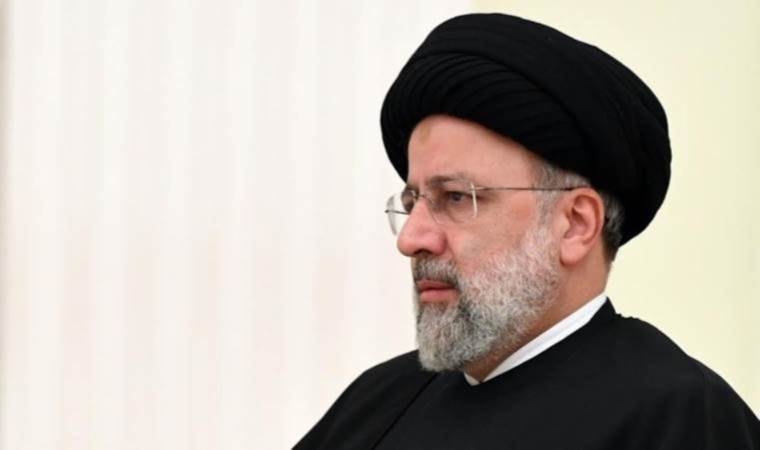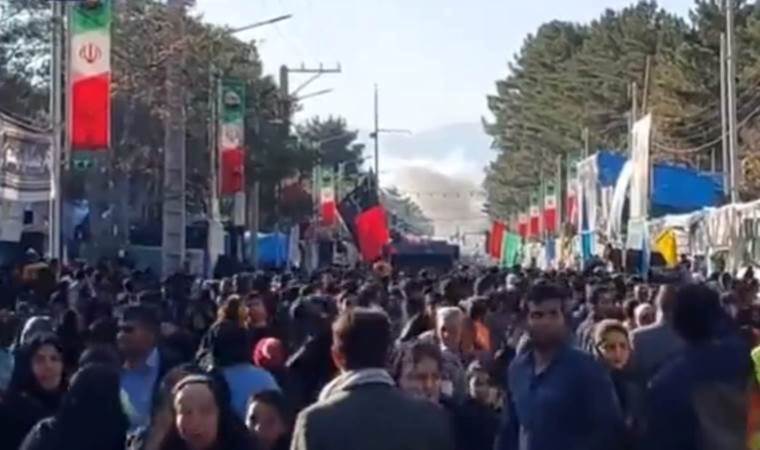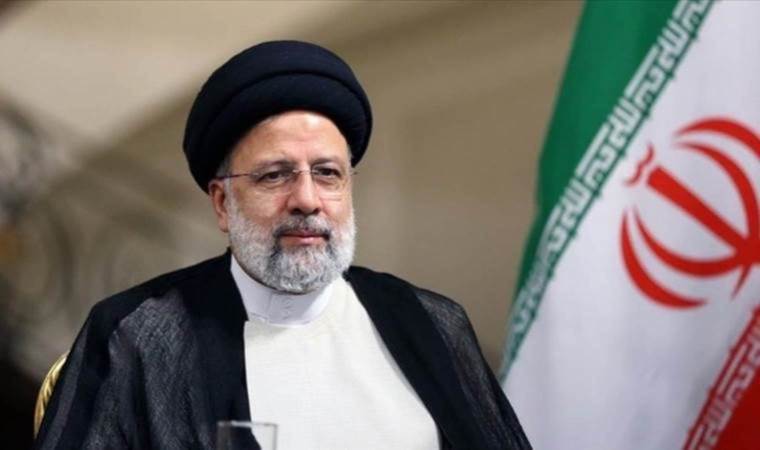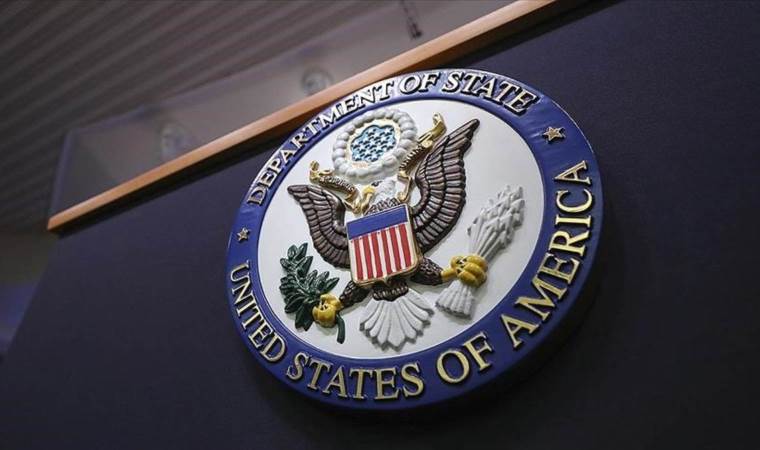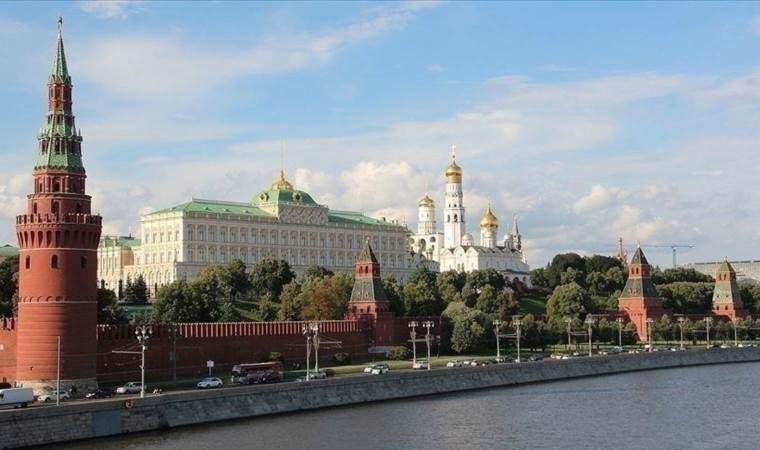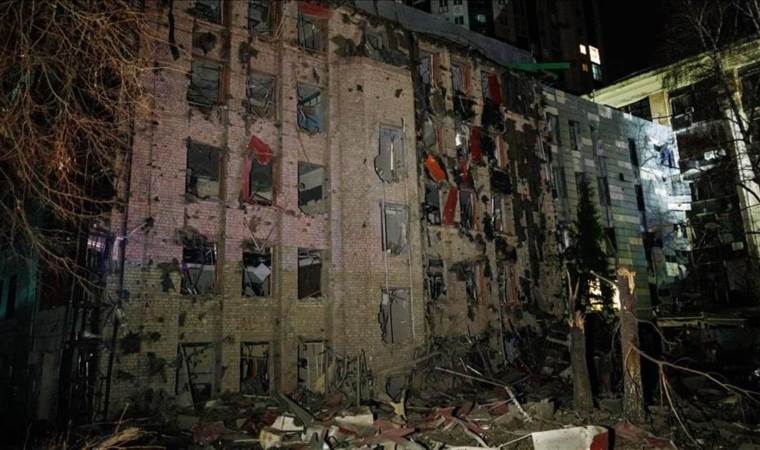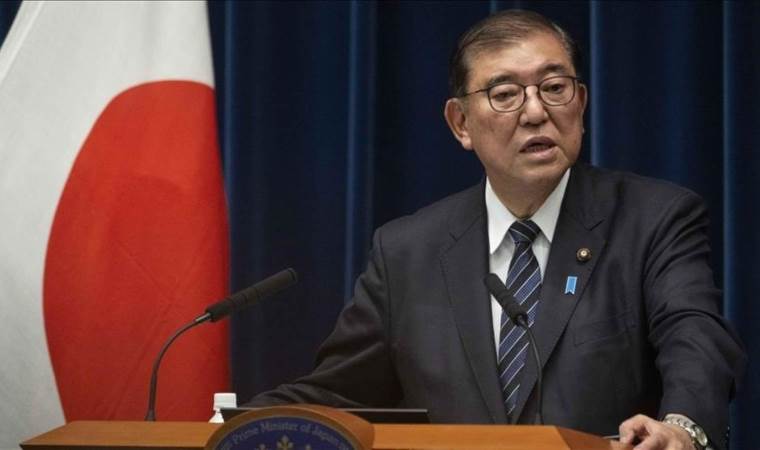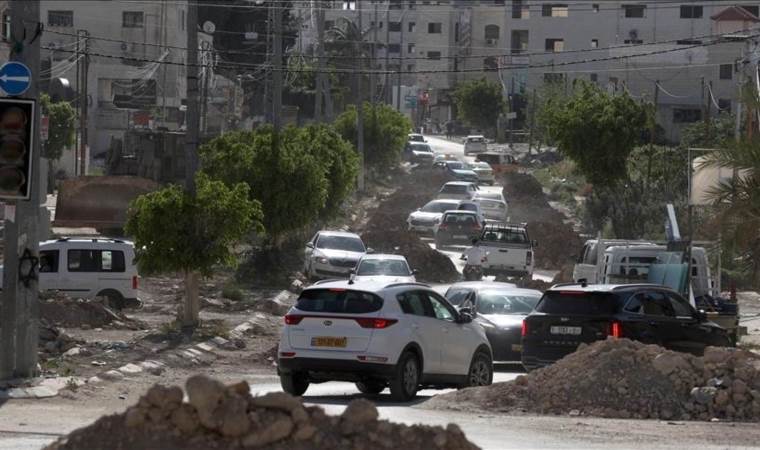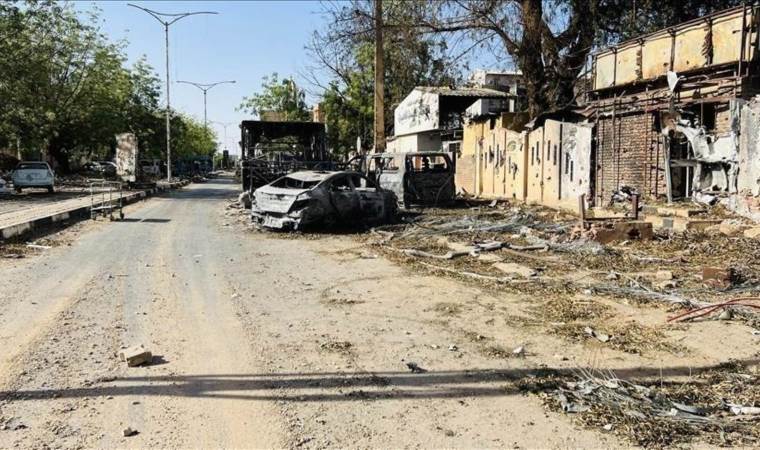Iran strikes alleged Israeli 'Spy HQ' in Iraq
Iran's Revolutionary Guards announced they attacked Israel's "spy headquarters" in Iraq's semi-autonomous Kurdistan region, according to state media reports on Monday. Additionally, the elite force struck targets in Syria against the Islamic State.
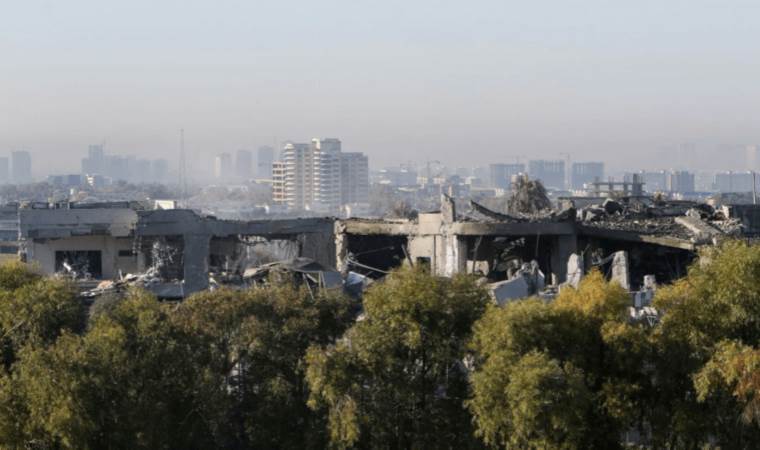
This development escalates a conflict that has engulfed the Middle East since the Oct. 7 war between Israel and Hamas. Iran's allies from Lebanon, Syria, Iraq, and Yemen have also joined the fray.
The Guards' statement indicated the attack was retaliation for recent Israeli actions that resulted in the deaths of Guard commanders and other members of the "Axis of Resistance." They claimed to have destroyed a primary Mossad espionage base with ballistic missiles.
Reuters has not independently confirmed this report. Attempts to reach Israeli officials for comment were unsuccessful.
Iraq's foreign ministry condemned Iran's aggression in Erbil, which led to civilian casualties in residential areas. The Iraqi government plans to take legal action, including filing a complaint with the United Nations Security Council, for this violation of its sovereignty and security.
Iran had previously vowed to avenge the deaths of three Guard members in Syria last month, including a senior commander. Since the Oct. 7 Hamas incursion into Israeli territory and subsequent Israeli bombing campaigns in Gaza and Lebanon, over 130 Hezbollah fighters, backed by Iran, have died.
The Guards' statement promised continued offensive operations "until avenging the last drops of martyrs' blood."
In addition to the Erbil strikes, which occurred near the U.S. consulate in a residential area, the Guards claimed to have fired missiles in Syria, targeting perpetrators of terrorist operations, including the Islamic State.
The U.S. State Department condemned the Erbil attacks as "reckless." Adrienne Watson, spokesperson for the White House National Security Council, stated that no U.S. personnel or facilities were targeted, and initial assessments suggest the strikes were imprecise and dangerous. She reaffirmed U.S. support for Iraq's sovereignty, independence, and territorial integrity.
Islamic State recently claimed responsibility for two bombings in Iran's southeastern Kerman city, resulting in nearly 100 deaths. The U.S. has expressed support for Israel in its conflict with Hamas but raised concerns about Palestinian civilian casualties.
Iraqi Kurdish Prime Minister Masrour Barzani condemned the Erbil attack as a "crime against the Kurdish people." The Kurdistan government's security council reported four civilian deaths and six injuries, describing the attack as a "crime."
Prominent Kurdish businessman Peshraw Dizayee and members of his family were among those killed when a rocket hit their home. Dizayee, with ties to the ruling Barzani clan, was a major player in Kurdistan's real estate sector.
The strike also impacted a senior Kurdish intelligence official's home, and a Kurdish intelligence center, and disrupted air traffic at Erbil airport.
Iran has previously conducted strikes in Iraq's northern Kurdistan, alleging the region serves as a base for Iranian separatist groups and Israeli agents.
In 2023, Baghdad took steps to address Iranian concerns about separatist groups in the border region, relocating some members as part of a security agreement with Tehran.
Most Read News
-
 Pope Francis dies at 88 after prolonged illness: Vatican
Pope Francis dies at 88 after prolonged illness: Vatican
-
 US scales back development, diplomatic presence in Afric
US scales back development, diplomatic presence in Afric
-
 China sanctions US lawmakers, officials, NGO heads
China sanctions US lawmakers, officials, NGO heads
-
 El Salvador’s president calls on Maduro to release Venez
El Salvador’s president calls on Maduro to release Venez
-
 Kremlin ‘satisfied’ with US position ruling out NATO mem
Kremlin ‘satisfied’ with US position ruling out NATO mem
-
 Russia, Ukraine report airstrikes as Putin’s Easter ceas
Russia, Ukraine report airstrikes as Putin’s Easter ceas
-
 Trump ‘values’ talks with Japan, says Premier Ishiba ami
Trump ‘values’ talks with Japan, says Premier Ishiba ami
-
 Israel bans Palestinian minister from occupied West Bank
Israel bans Palestinian minister from occupied West Bank
-
 At least 33 civilians killed in RSF shelling of Sudan’s
At least 33 civilians killed in RSF shelling of Sudan’s
-
 Gold price exceeds $3,400 to reach new record high amid
Gold price exceeds $3,400 to reach new record high amid
